We deliver global impact by creating paradigm-shifting solution through cutting-edge multidisciplinary biomedical research.
Graduate
Experience the World Class Research & Education
Graduate program in UNIST BME offers you the opportunity to do cutting-edge research in a broad range of innovative biomedical areas. UNIST BME offers MS, PhD, and combined MS/PhD programs. The mission of the graduate program is to foster the next generation of global leaders in the fast-growing biomedical engineering field. We train students in a highly collaborative, cross-disciplinary, and global working environment and provide opportunities for accomplishment in research, academics, medicine, and industry. Together, we can make changes in future healthcare.
10 Benefits to Choose BME Graduate Program at UNIST
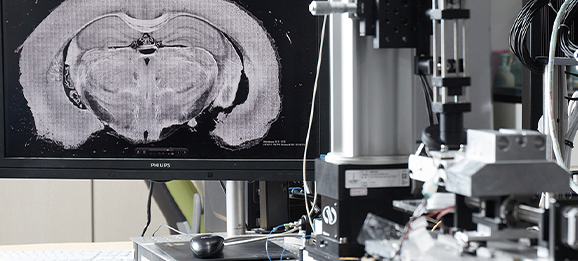
- Six future-oriented and cutting-edge concentrations
- Full financial support for all BME students (tuition fee waver; KRW 7,680,000/year and stipend)
- Global conference & travel support from BME department
- BME Global exchange programs
- All the lectures conducted in English
- An inclusive and welcoming community of peers & mentors
- Highly collaborative working environment
- High-end instruments in UNIST Central Research Facilities (UCRF)
- Passionate professors and students with great potential
- Great place to live
Explore Research Labs in Six Focused Areas
Curriculum
| BME590 | Seminars |
| BME690 | Master’s Research |
| BME890 | Doctor’s Research |
| BME(new) | Psychophysics |
| BME506 | Advanced Genomics |
| BME(new) | Advanced genome engineering |
| BME505 | Methods in OMICS experiment |
| BME705 | Single molecule Biophysics |
| BME706 | Frontiers of Biomedical Engineering |
| BME608 | Light-tissue interaction |
| BME609 | Wave optics |
| BME502 | Advanced Biomedical Engineering |
| BME501 | Biology and Micro/Nanotechnology |
| BME707 | Inventions and Patents |
| BME700 | Technical Writing in English |
| BME801 | Presentation Skills for Biomedical Engineers |
| BME602 | Biofabrication |
| BME(new) | Advanced Stem Cell Engineering |
| HFE911 | Human-Centered design |
| BME324 | Cancer Genomics |
| BME603 | Advanced Proteomics |
| BME407 | Computational Imaging |
| BME411 | [G]Biological Physics |
| BME(new) | Organ-on-a-chip |
| BME590 | Seminars |
| BME690 | Master’s Research |
| BME890 | Doctor’s Research |
| HFE550 | Rehabilitation Engineering |
| BME(new) | Social, Cognitive, and Affective Neuroscience |
| BME(new) | Machine Learning Methods for Neuroengineering |
| HFE761 | Human Vision |
| HFE762 | Advanced Color Science |
| BME508 | Advanced Engineering Physiology |
| BME509 | Advanced Biomedical Optics |
| BME606 | Biomedical Research with Model Organism |
| BME503 | Multi-scale Imaging |
| BME605 | Quantitative Analysis for Biomedical Images |
| BME704 | Spatial Aspects of Magnetic Resonance |
| BME(new) | Programming for Digital Healthcare |
| BME(new) | Advanced Nanobiotechnology |
| HFE912 | Contextual design |
| BME504 | Animal Cell Culture |
| BME(new) | Advanced Bioinstrumentation Lab. |
UNIST Admission
UNIST BME offers MS, PhD, and combined MS/PhD in Biomedical Engineering programs. We expect students to have strong background in BME research area of interest, which can be supported by their GPA or other proof. Because our field is diverse and interdisciplinary, communication skills are also important. For admission, applicants must pass the interview session, which will be offered to successful students in first round selection process. We strongly recommend to contact the faculty you are interested in for a consult before the application.

 Brain & Cognitive Engineering
Brain & Cognitive Engineering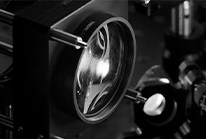 Biomedical Imaging
Biomedical Imaging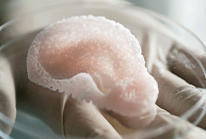 Rehabilitation & Regenerative Engineering
Rehabilitation & Regenerative Engineering Precision Nanomedicine
Precision Nanomedicine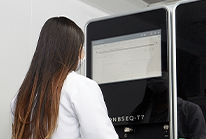 Genomics & Bioinformatics
Genomics & Bioinformatics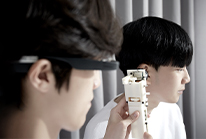 Digital Healthcare
Digital Healthcare